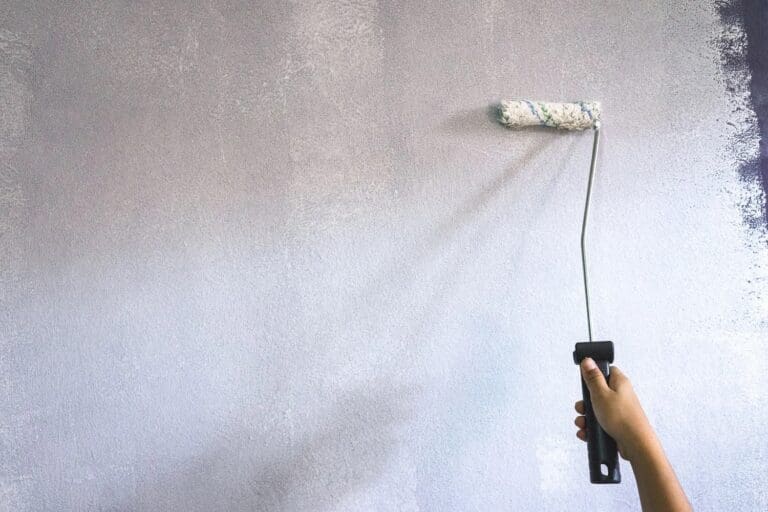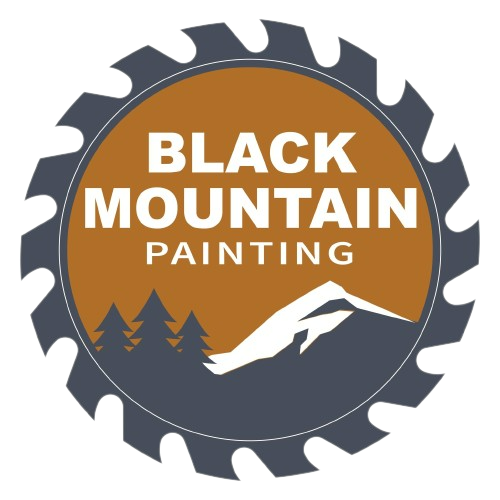
When Primer Is Really Necessary
If you’ve ever started a painting project, you’ve probably asked the same question many homeowners do: “Do I really need primer?” Some DIY guides say you can skip it, while professionals insist it’s non-negotiable. The truth? It depends on the surface, the paint, and the result you want.
At Black Mountain Painting, we know primer can make the difference between a paint job that lasts a few months and one that lasts for years. Here’s how to know when primer is essential — and when you might not need it.
When You Need Primer
Primer creates a base coat that helps paint stick evenly and last longer. It also improves coverage and color accuracy. You definitely need primer if:
You’re painting bare drywall or new wood: Primer seals porous surfaces so paint doesn’t soak in unevenly.
You’re covering dark colors with light ones: Primer blocks the old color and prevents bleed-through.
You’re painting over stains or odors: Primer helps block smoke damage, water stains, and even smells.
You’re switching from oil-based to latex paint (or vice versa): Primer helps the new paint bond properly.
You’re painting exterior surfaces exposed to weather: Primer provides extra durability and protection.
When You Might Not Need Primer
Sometimes, primer isn’t strictly necessary. High-quality paints today often include built-in primer, making them more forgiving. You may be able to skip primer if:
You’re repainting a similar color over a clean, well-prepped wall.
The surface is already sealed and in good condition.
You’re using a paint-and-primer-in-one product on a lightly used interior wall.
Even in these cases, proper cleaning and light sanding before painting are still important.
Why Skipping Primer Can Backfire
Skipping primer may save time up front, but it can create problems later:
Uneven color or “flashing” spots
Peeling or bubbling paint
Poor coverage, meaning more coats and higher cost
A finish that doesn’t last as long as it should
Primer is like an insurance policy for your paint — it makes sure the finish looks better and holds up longer.
Primer isn’t always required, but it’s almost always a good idea. It seals surfaces, improves adhesion, and ensures your paint looks smooth and even. For tricky surfaces or big color changes, primer is a must. For minor refreshes, you might be able to skip it — but only if the walls are already in great condition.
At Black Mountain Painting, we never cut corners. Our prep process includes primer whenever it’s needed to guarantee long-lasting results.
Contact us today for a free consultation and let us give your home a flawless finish that lasts.
